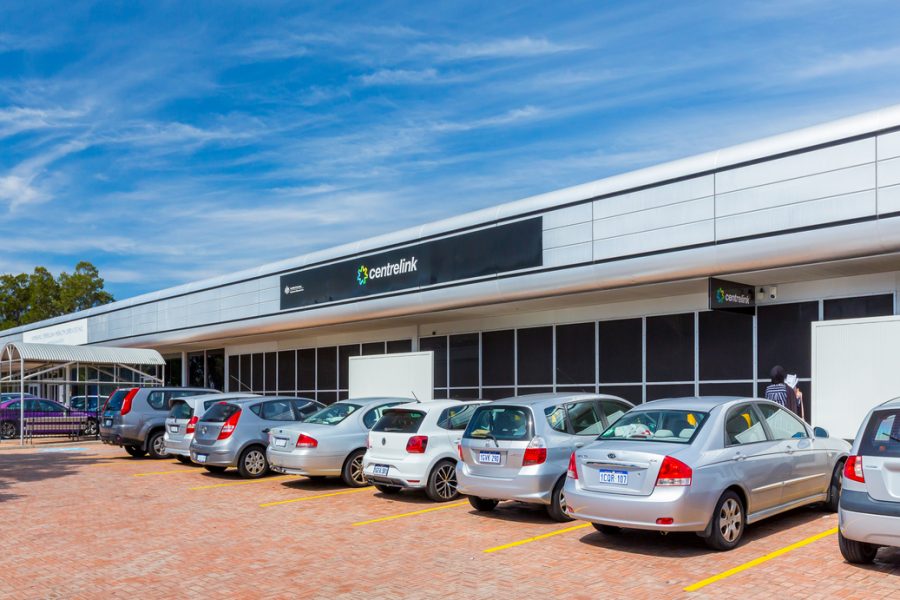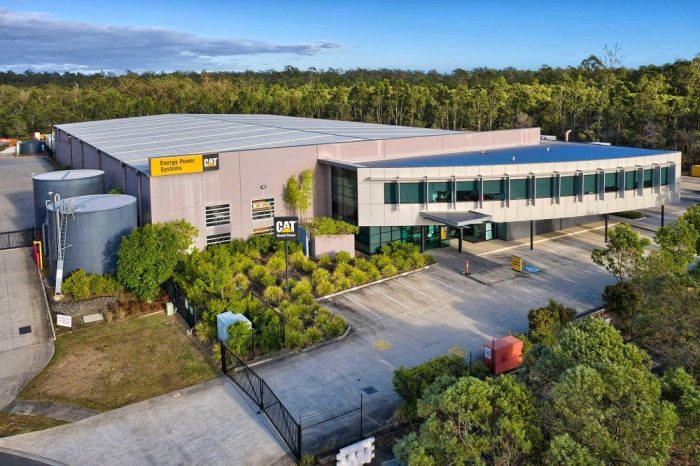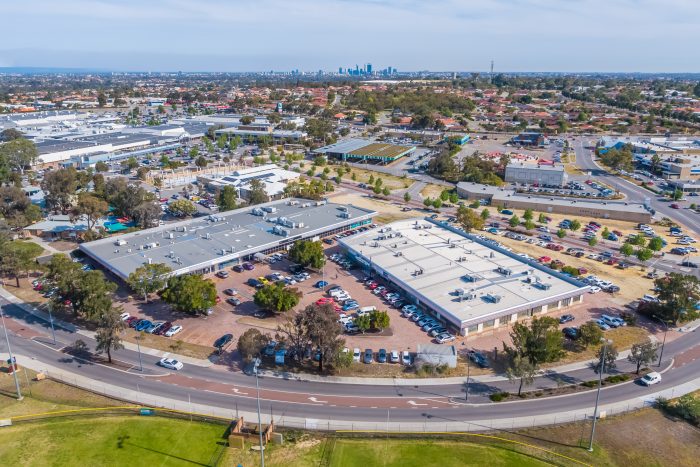Benefits of buying commercial property with existing tenants
Published
April 27, 2021
Published
April 27, 2021

Ask any commercial property investor what the most important aspect of a commercial property investment is, and they’ll most likely say it’s the tenant. There are huge benefits of buying a commercial property with existing tenants.
The tenant gives you your income, your Weighted Average Lease Agreement (or WALE, explained below), your security, and a considerable part of your property value. That’s why when you buy commercial property with a tenant already occupying the premises, half the battle is already done for you (as long as you’ve done your due diligence right).
Buying a commercial property with an existing tenant? Good on you. Here are some of the benefits.
The benefits of buying commercial property with an existing tenant

1. Existing WALE
When a tenant is already occupying a commercial premises, immediately the property has a Weighted Average Lease Agreement (WALE). A WALE is the average number of years until all of your lease agreements expire, usually weighted by the amount of Net Lettable Area each tenant occupies. Let’s say your property is occupied by two tenants and both occupy an equal amount of space in the premises: One has a lease expiry in 1.5 years, and the other in 2.5 years. Your WALE is two years. If you have only one tenant, then your WALE is the number of years till that single lease expires. Who’s going to be most excited about an existing WALE? The bank. Banks will rarely lend against a commercial property that does not have an income guarantee (they typically look at the WALE to assess this). The bank will want to see how long rent will be coming in the door, and how long until your lease renegotiations (or search for a new tenant) will begin. The reason for this is because there’s an element of uncertainty after that time. The terms and conditions of your commercial property loan will be highly dependent on the WALE. In most instances, the longer the better. 
2. No leasing campaign required
Want a well-paying career? Become a commercial leasing agent. These professionals don’t sell their services cheap. So, when you buy a property and still need to find a tenant, you’ll immediately rack up significant expenses on an active leasing campaign. A leasing campaign to find a tenant means advertising costs, costs to research the leasing market, a period of no income, and of course leasing agent fees. On the other hand, buying a property with an existing commercial tenant means that money stays in your pocket.
3. Income security
Buying an occupied commercial property means income is coming through the door from day one. Whether you’re a sole investor or a fund manager, this is a huge benefit considering the high yields commercial real estate provides. You can expect annual income of 5 per cent to 7 per cent (and sometimes higher) as soon as the property’s title deed is in your or your company’s name. It also means there’s no waiting around for your investment to develop its full potential. You buy, you settle, you earn.
4. Tenants will tell you gripes with the property and previous landlord
If you’re a hands-on property investor like us, you’ll be happy to get face-to-face with your property – and your potential tenant. The great thing about meeting your tenant before you sign on the dotted line, is that they’ll tell you all their gripes about the property. Think about it. Maybe these tenants have just gone the last two years begging for new carpeting or an upgrade to their air conditioning unit. But the landlord hasn’t obliged. Finding out these issues with the property might give you bargaining power during your purchasing negotiations. And repairing these issues for your tenant once you purchase the property will give you a great relationship with them from day one. Remember, tenants are the lifeblood of your commercial property. Listening to them is crucial – even if you haven’t bought the property yet. 
But remember…
Buying a property without the right tenant in place will quickly turn the above pros into cons. It’s like buying a beautiful, shiny car with a dud engine: All the beauty on the outside, but nothing on the inside to power it. So, when buying commercial real estate with an existing tenant, do your due diligence on the tenant first. Here’s what to look for:
- A national or international brand;
- A track record of results and strong likelihood this performance will continue;
- A lease term or WALE of at least three years, but ideally five years or more; and
- A tenant which is relevant to the precinct the property resides (in other words, you’ll want a good reason to have an accounting practice in your industrial warehouse).
Sure, there are huge benefits to buying a property with an existing tenant. But there are plenty of downsides to be aware of if they are the wrong one. Unfortunately for those with little time or experience in commercial property investment, an existing tenant is just one of hundreds of factors to consider when acquiring a commercial asset. At Properties & Pathways, we remove the guesswork and stress of investing alone by offering exclusive commercial property syndicates. Also known as unlisted property trusts, our syndicates are known to provide annual yields of 6 per cent and higher, with years of income security and plenty of capital growth opportunities.
 Take a look at our existing investments here. For more information on how you can invest alongside us, get in touch today.
Take a look at our existing investments here. For more information on how you can invest alongside us, get in touch today.






